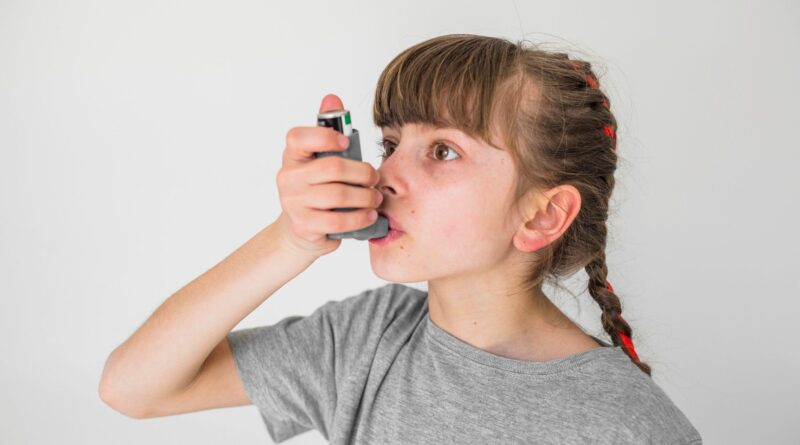A recent study published in BMC Pediatrics explored the connection between dietary energy intake and asthma in children, revealing an “L-shaped” relationship. Researchers analyzed data from over 12,000 children in the National Health and Nutrition Examination Survey (2009-2018), finding that increased calorie consumption correlated with a decreased risk of asthma, but only up to a point. Specifically, asthma risk significantly decreased as calorie intake increased, but this protective effect plateaued at 56.442 kcal per kilogram of body weight per day. Consuming more calories beyond this threshold did not provide additional asthma protection.
The study revealed that children in the lowest quartile of calorie intake (less than 33.98 kcal/kg/day) had the highest asthma prevalence (15.7%). In contrast, those consuming higher calories showed a reduced risk, with the highest quartile (over 81.6 kcal/kg/day) demonstrating a 45% lower risk compared to the lowest. However, the protective effect diminished after reaching the 56.442 kcal/kg/day threshold. The researchers also observed that children with lower calorie intake often had deficiencies in essential nutrients like vitamin D and zinc, crucial for immune and lung health.
While the study suggests that adequate calorie intake is associated with reduced asthma risk, it emphasizes that dietary quality is also important. Excessive sugar and fat intake can trigger inflammation and obesity, potentially exacerbating asthma. The study acknowledges limitations, including the use of self-reported dietary data and its cross-sectional design, which prevents establishing causality. Future research is needed to validate these findings and explore the specific dietary components that influence asthma in children.
Source: BMC Pediatrics

